The Atlantic: It’s Possible Dinosaurs Had a Whole Civilization
Here's a wild idea: Technologically advanced dinosaurs might have tried asteroid mining — and accidentally crashed a big one into the Earth, driving themselves extinct in the process.
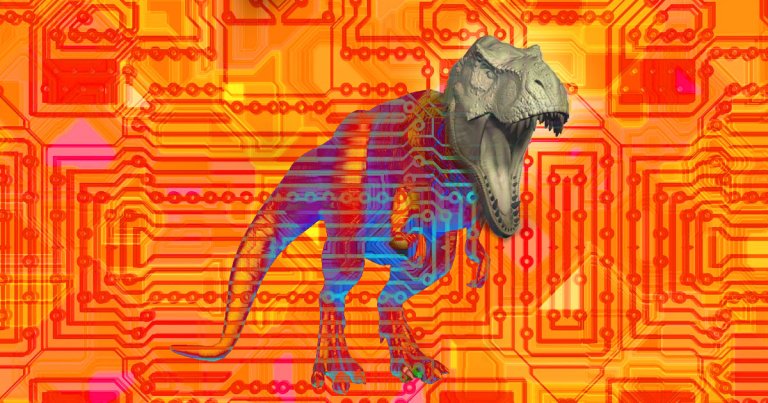
Here's a wild idea: Technologically advanced dinosaurs might have tried asteroid mining — and accidentally crashed a big one into the Earth, driving themselves extinct in the process.
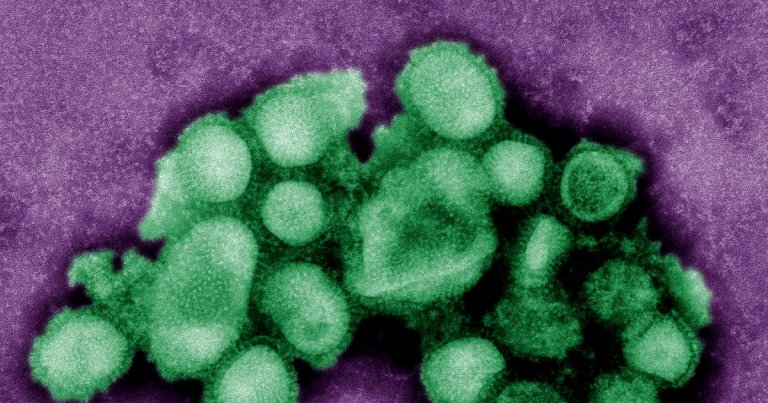
"The research is still in its early days, but we're very happy."
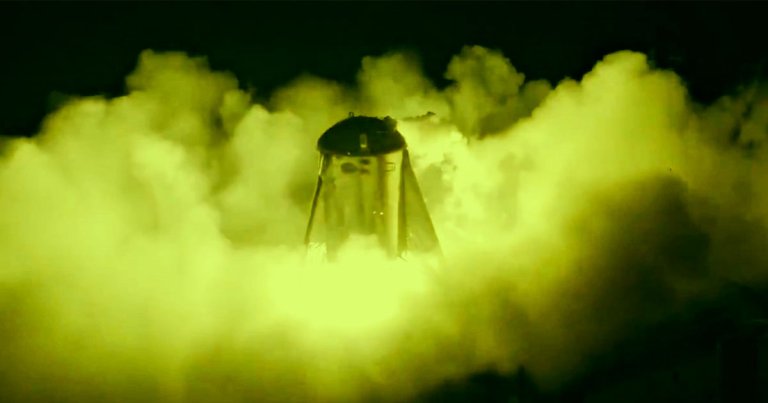
"Just spoke with FAA, so hopefully yes."
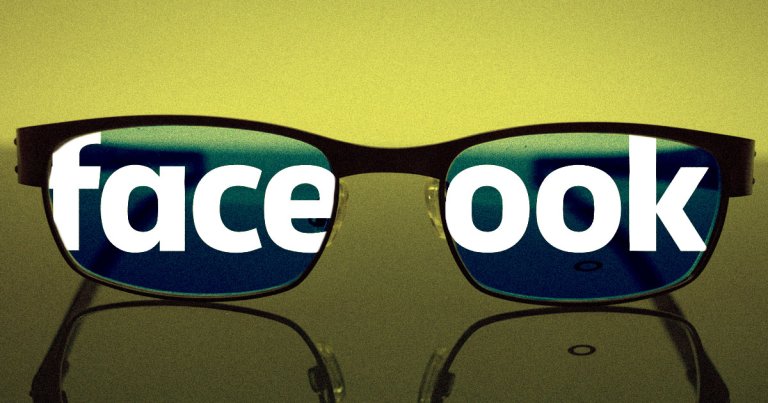
And the company paid outside contractors to do it.

It'll be more powerful than today's top 100 supercomputers combined.
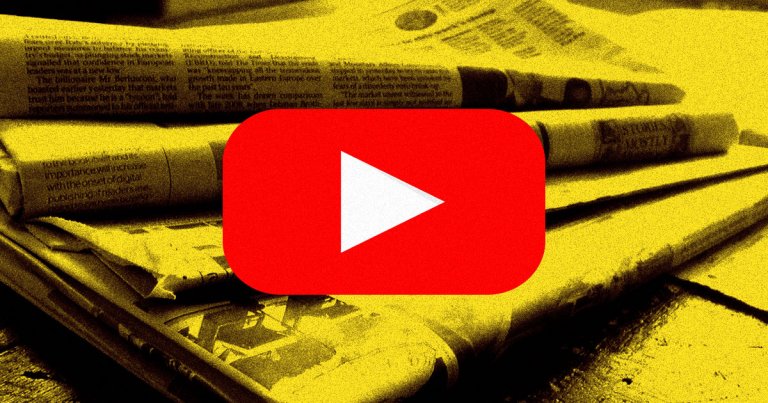
A survey shows that teens go to YouTube despite knowing it's less reliable.
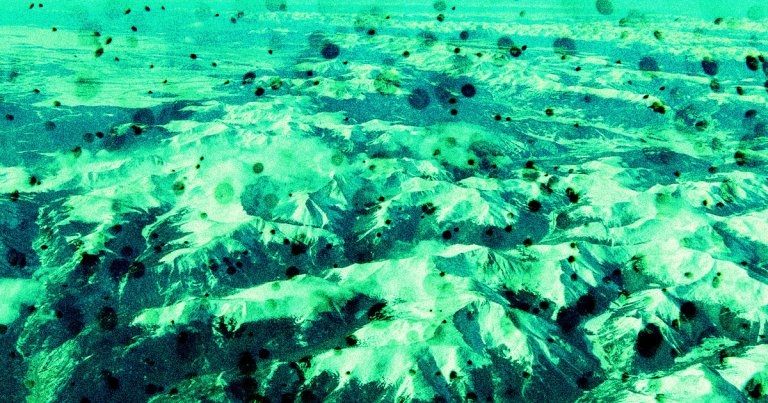
"It's a part of our environment now."
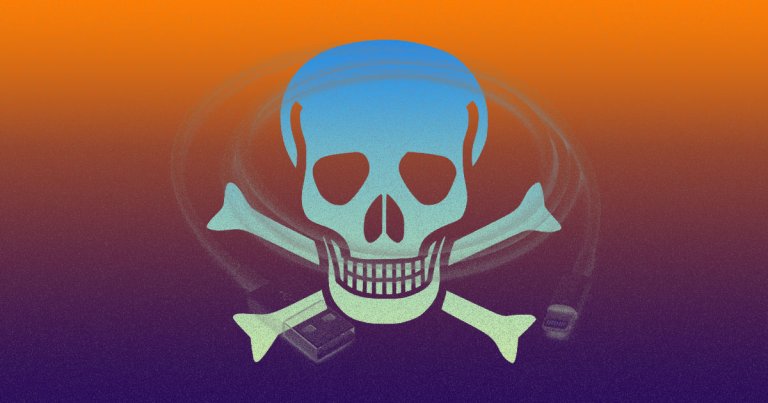
And anyone can buy it for $200.
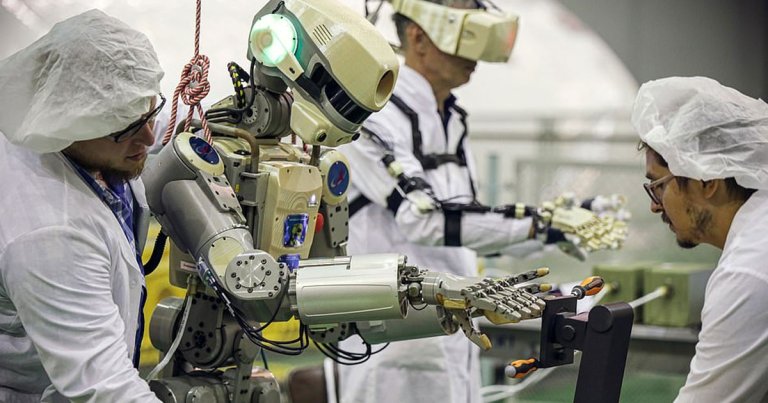
The Russian robo-astronaut looks brutal as heck.
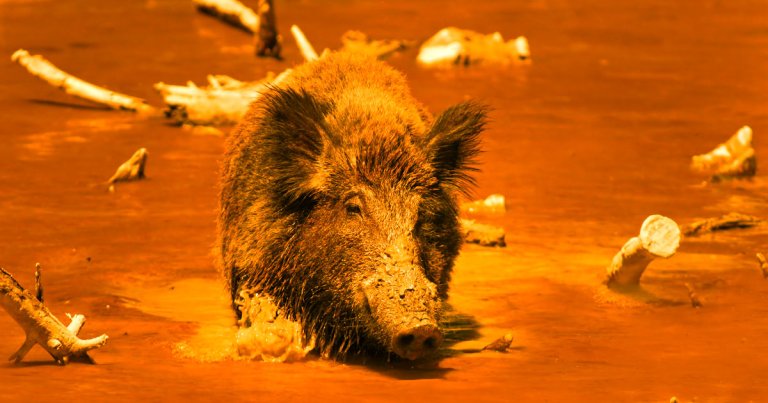
The timing of this new feral hog study really couldn’t be any better.
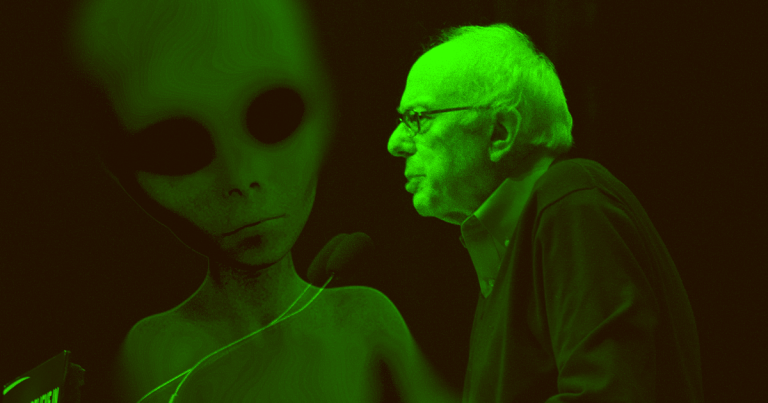
"My wife would demand that I let you know."

The end result is a bizarre hybrid of new and old.

The video is uncomfortable. And extremely NSFW.
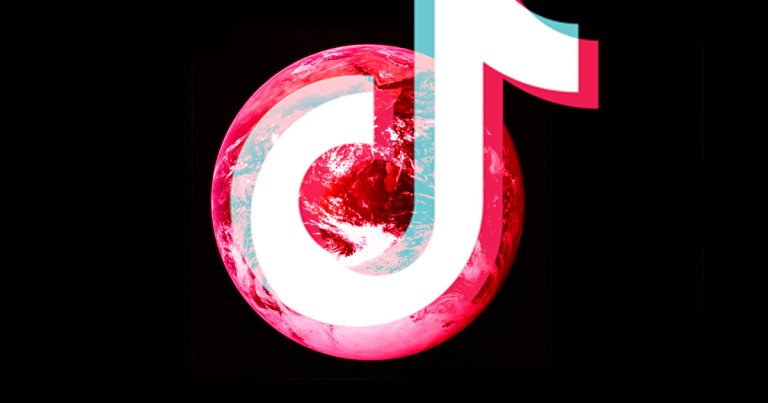
#Globalwarning shows a memeified glimpse into our future.
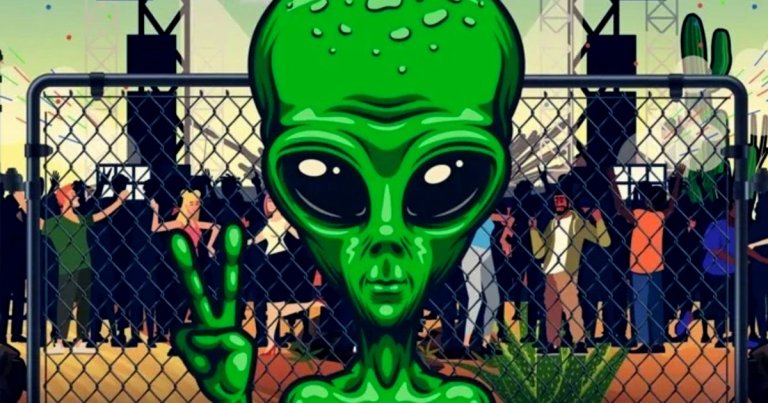
The event promises to provide "an experience that celebrates Aliens and the Unknown."
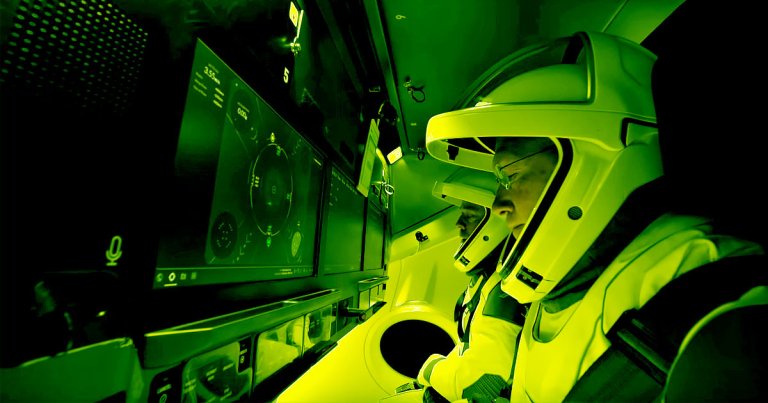
Will SpaceX be able to launch its Crew Dragon capsule in November?

Can you guess what Tesla has to say about that claim?
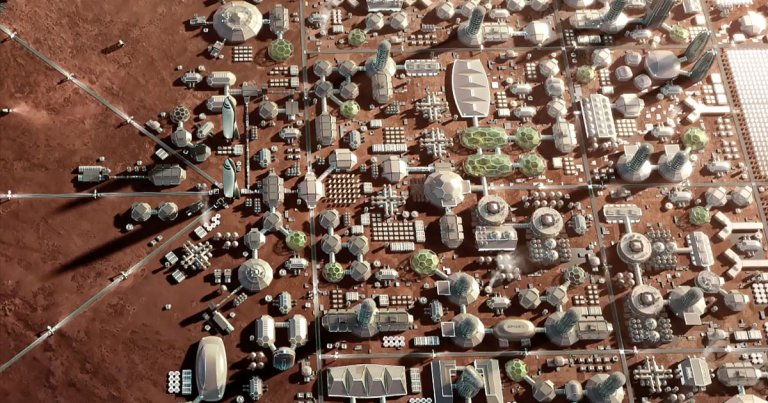
For perspective, that's about triple the United States' total tax revenue.

Twice the cameras, twice the cost.
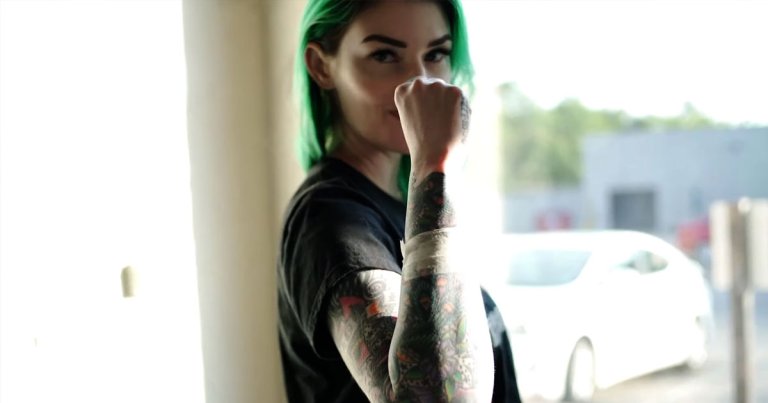
Carrying around a physical keycard for your Tesla is so 2018.